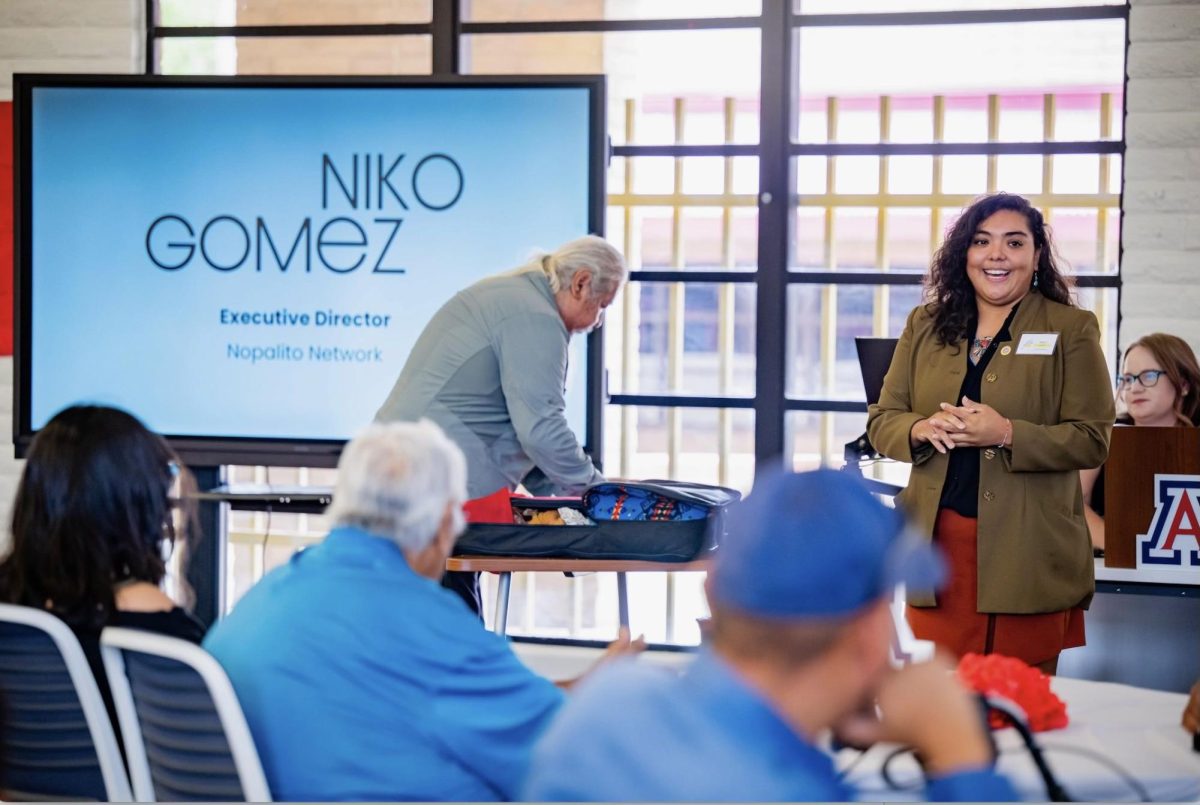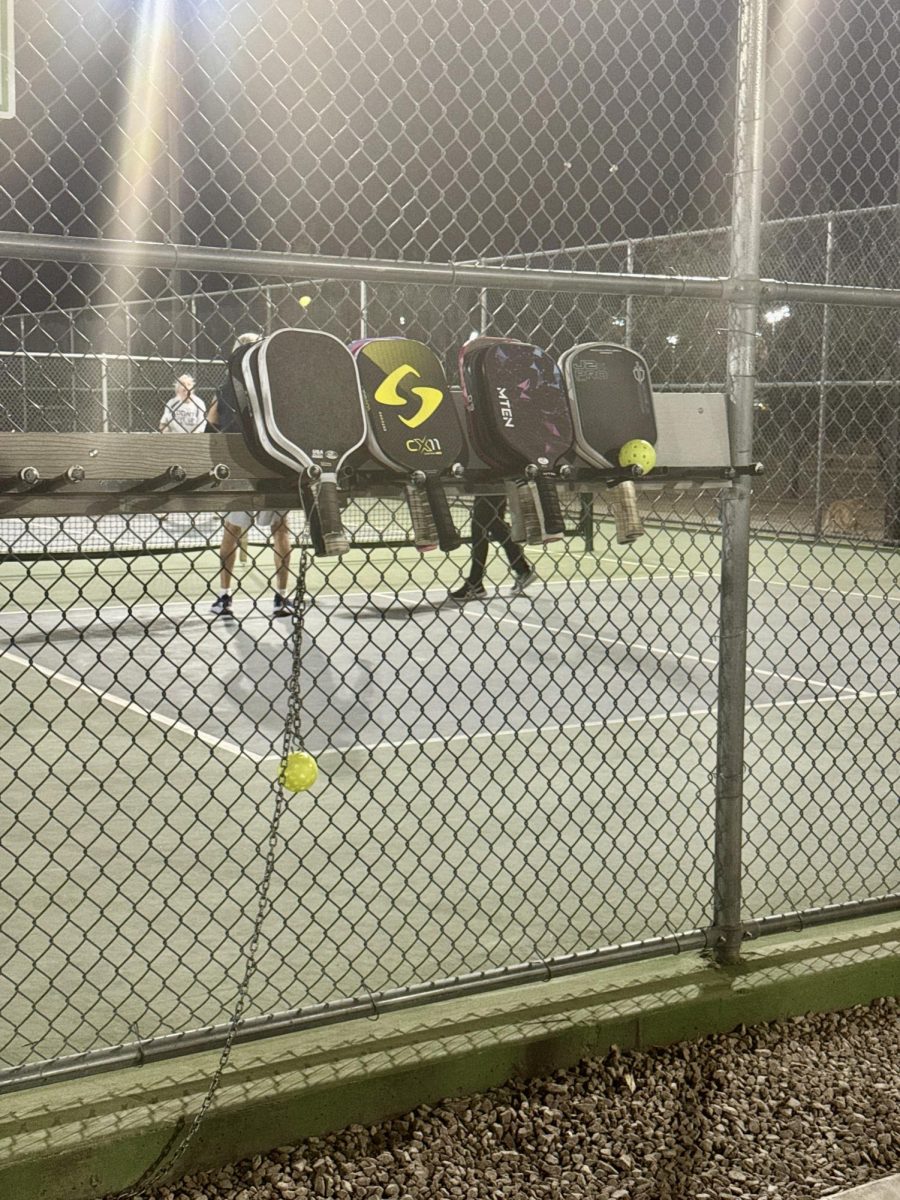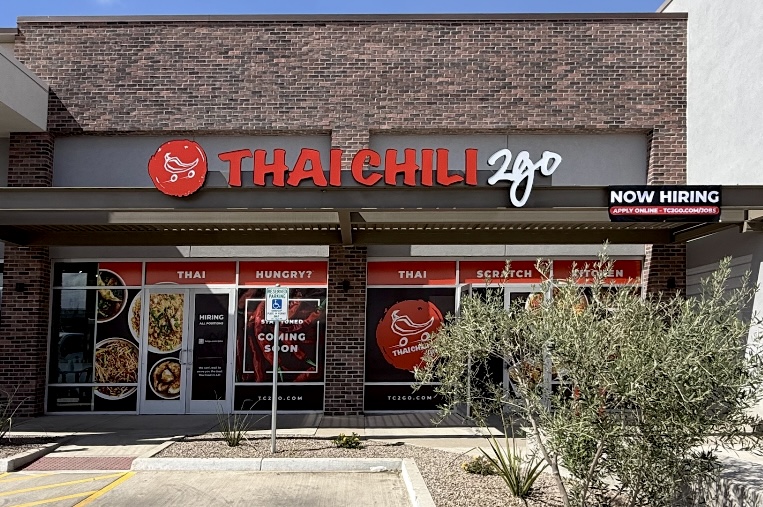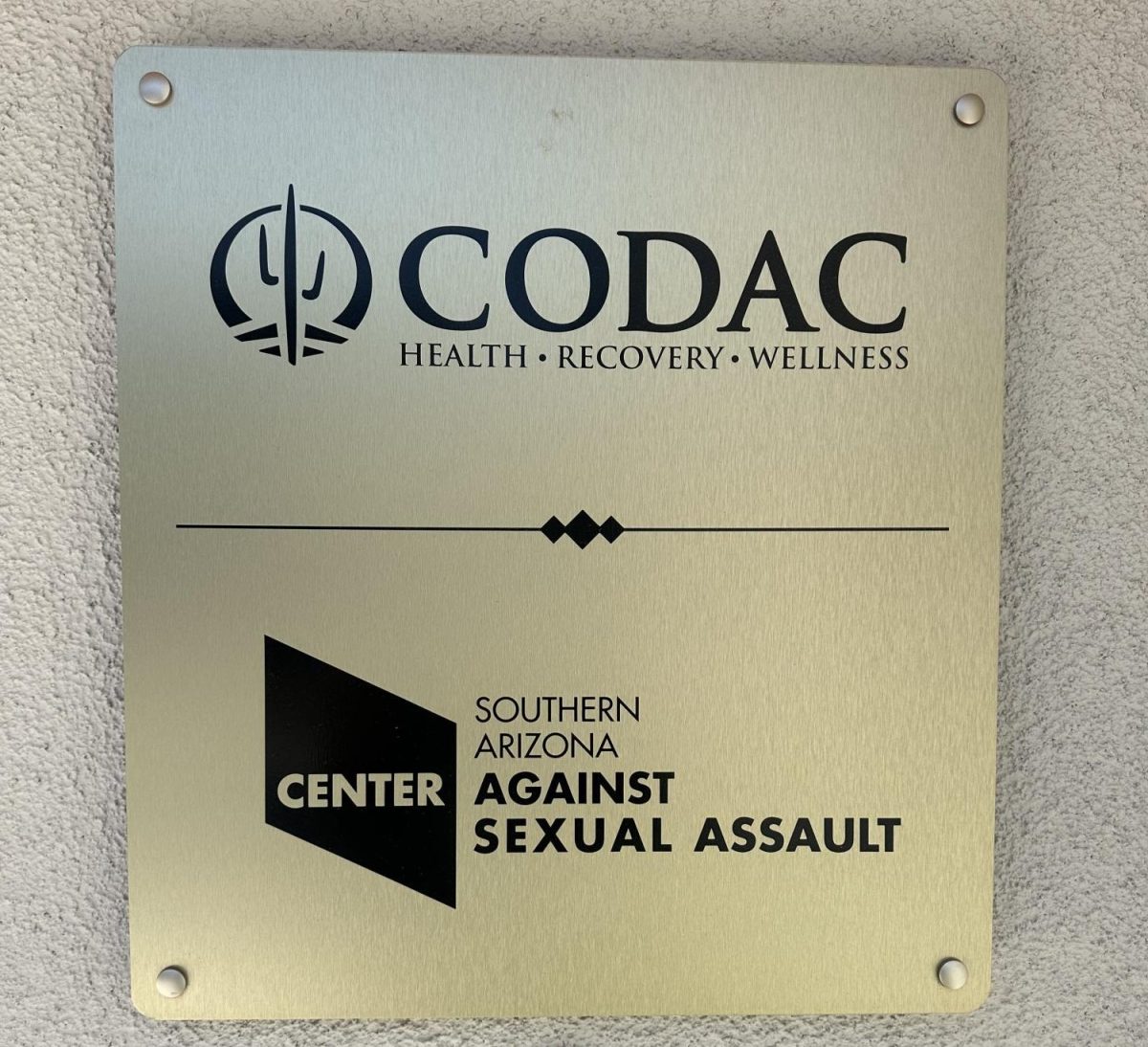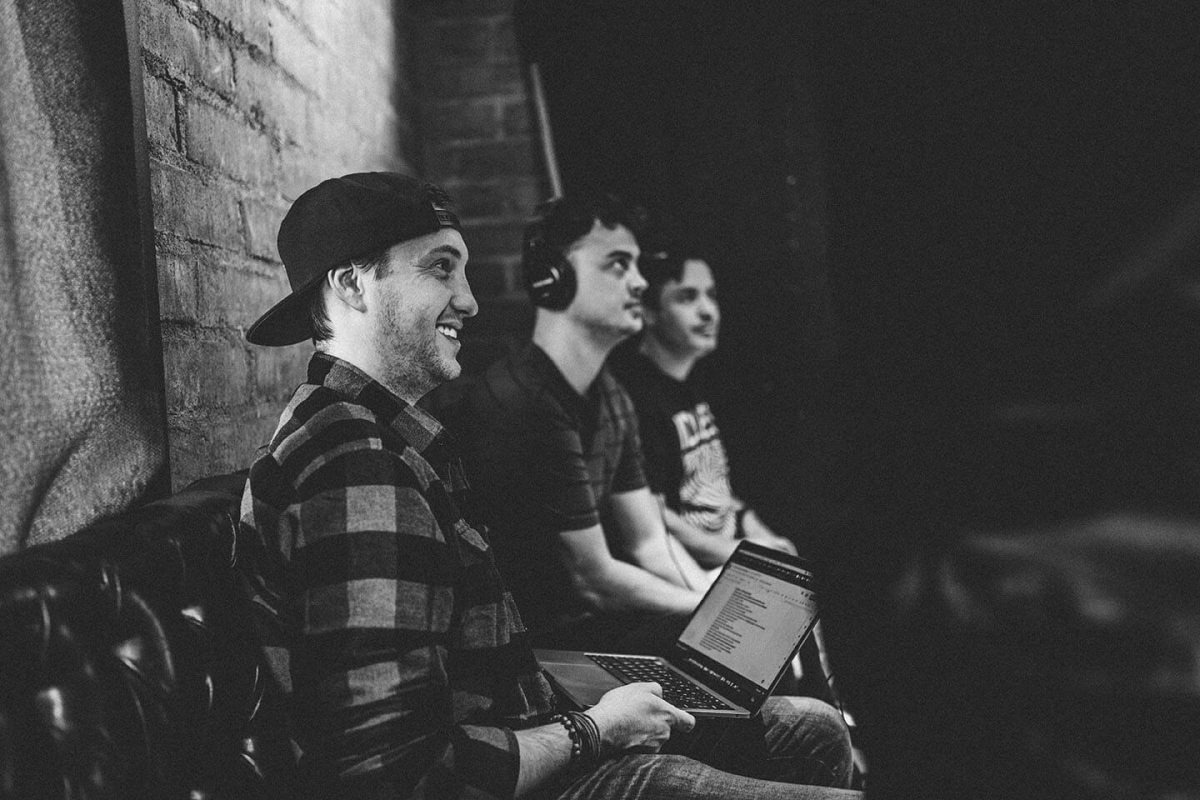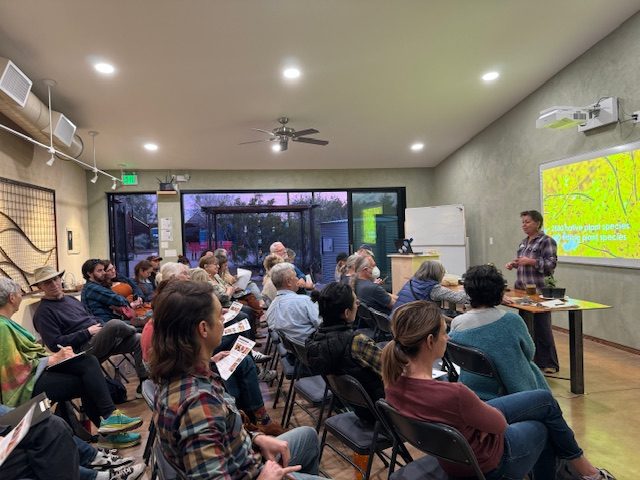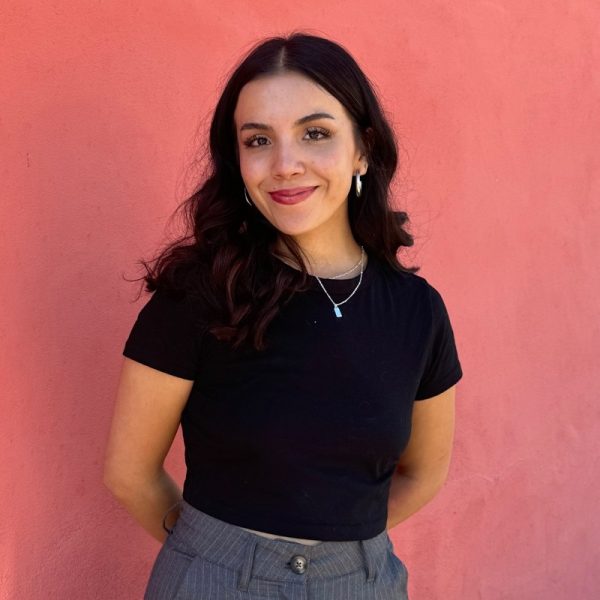Only 2.2% of Pascua Yaqui tribal members have their own business, including both incorporated and unincorporated ventures, according to the United States Census Bureau’s 2022 American Community Survey 5-Year Estimates. Among these businesses, very few have an online presence.
Nicolette ‘Niko’ Gomez, a member of the Pascua Yaqui Tribe, is changing that.
This summer, Gomez launched the Yaqui-Tech Innovation Lab, a pilot program aimed at delivering high-quality, accessible technology education to entrepreneurs on the Pascua Yaqui Reservation. So far, she has trained 10 small business owners.
“The point of the Yaqui-Tech Lab was to bridge the digital divide and foster economic growth within Indigenous communities, which was huge for me,” Gomez said. “We can teach people that their side hustle could be their full-time business.”
Gomez’s inspiration for launching the innovation lab stemmed from her own experience building the Nopalito Network, a digital marketing startup specializing in web design, app development, graphic design and social media marketing. After a decade bartending at Casino Del Sol, she transitioned full-time to digital marketing in 2022, driven by a desire to create something sustainable for herself and her two children.
The Nopalito Network’s name symbolizes the growth of her work. The nopal, or prickly pear cactus, is made up of individual pads that together form a thriving plant. For Gomez, the network serves as the foundation, with each new venture representing a pad.
“I feel like Yaqui-Tech became, you know, a new nopal, and then from that came a flower, which represents my students, and so on,” Gomez said. “So it’s very, very much a metaphor to me.”
The month-long Yaqui-Tech Innovation Lab teaches participants to build websites without code, utilize search engine optimization, network with other Indigenous business owners and purchase their own domain. To remove barriers, the program offers participants transportation, childcare and meals.
“This past summer, we had 15 people apply, and we had 10 people go from start to finish,” Gomez said. “Our youngest participant was 17 and our oldest was in their 60s. We didn’t have a strict prerequisite, just basic computer literacy like saving a file and using Google.”
Gomez said many members of her community have been hesitant to fully embrace technology, especially for their businesses.
“It took a lot of planting little seeds in my community,” she said. “I would say it wasn’t really taken very well at first, mostly because I had my position as a bartender. Why was I the person to create the solution? After I was able to show people what I do and what can be done, it started to take off fast. It took a lot of small conversations about what I envisioned my life could be outside of the casino or not working for the tribal government.”

Nicolette Gomez speaking with participants at Yaqui-Tech Innovation Lab.
The Yaqui-Tech Innovation Lab focuses on long-term business support through networking and community building. It is supported by the University of Arizona’s Native FORGE, a program funded by a five-year matching grant from the U.S. Economic Development Administration. Many of Native FORGE’s recently selected entrepreneurs came from the Yaqui-Tech Innovation Lab.
“We might be talking to them about their business, but in reality, we’re talking to them about what’s going on in their community,” said Levi Esquerra, a UA senior vice president for Native American Advancement and Tribal Engagement. “Our greatest measurement is seeing the success of those businesses and how they’re able to expand and make something happen.”
Cesar Balgañon II, a Pascua Yaqui tribal member, joined the Yaqui-Tech Innovation Lab this summer. Gomez described Balgañon’s business, The Players Club, as the “Topgolf of Mini Golf.” The Players Club plans to offer 36 holes of miniature golf and indoor golf simulators, with plans to incorporate green practices and be run by PGA professionals, ideally tribal members.
“Nicolette and Native FORGE did an incredible job in communicating innovative ways to create a website, enhance your brand image, tell your story digitally and guide your potential customers through your website,” Balgañon said. “Even though we were all Pascua Yaqui tribal members from different generations and walks of life. I personally found so much motivation in being in a room full of my own people, talking about their dream business and how we can make it a reality.”
Another participant, Alma Baltazar, a member of the Pascua Yaqui Tribe, owns A Good Day to be Indigenous, an e-learning platform designed to help her community achieve language fluency and deepen their understanding of Native history and culture.
“The Yaqui-Tech Innovation Lab profoundly influenced my business by helping me transform an idea into reality,” Baltazar said. “As I’m in the early stages of structuring my business, the program provided invaluable tools and resources, including assistance with building my website and purchasing my domain name. I’ve learned so much through this experience and will always share how amazing this program is.”
Pascua Yaqui member Marissa Rodriguez launched Family Food Truck Co. in 2022, serving tacos, fry bread, burritos and horchata. With no prior business experience, she ran the truck for about a year before temporarily closing it. During the break, she enrolled in several business strategy courses, including the Yaqui-Tech Innovation Lab.
“At the program, you get a website out of it, which is really awesome because I probably would have never had a website, at least anytime soon, that’s for sure,” Rodriguez said. “The plan is that this (food truck) brings sustainability for me and my family to just live comfortably. Hopefully they don’t have to worry about anything and I’m leaving my daughter something.”
The Family Food Truck Co. plans to reopen at the corner of Los Reales Road and Cardinal Avenue at the end of October, and in the meantime, they continue serving at Tucson Redskins Little League games.

Nicolette Gomez presenting a graduation certificate to Suzie Francisco, a participant of the first cohort of the Yaqui-Tech Innovation Lab
This past spring, the Nopalito Network was selected as a semi-finalist for the 2024 MIT Solve Indigenous Communities Challenge. The challenge recognizes Indigenous innovators in the United States and Canada who leverage traditional knowledge and modern technology to address social, environmental and economic needs in their communities.
Gomez is optimistic about the future as she enters her senior year at the University of Arizona, studying design arts and practice with a minor in entrepreneurship. She often brings her two children, ages 4 and 9, to meetings and the campus library. Her passion for technology has even inspired her son, who is exploring development in Roblox and showing interest in the tech world.
“It’s okay to have a family. It’s okay to be a mom, a student and a business owner. It’s okay to be all these things,” Gomez said. “There’s a way to find happiness in all of it.”
Learn more about the Nopalito Network at https://nopalitonetwork.com/
Arizona Sonoran News is a news service of the University of Arizona School of Journalism.



